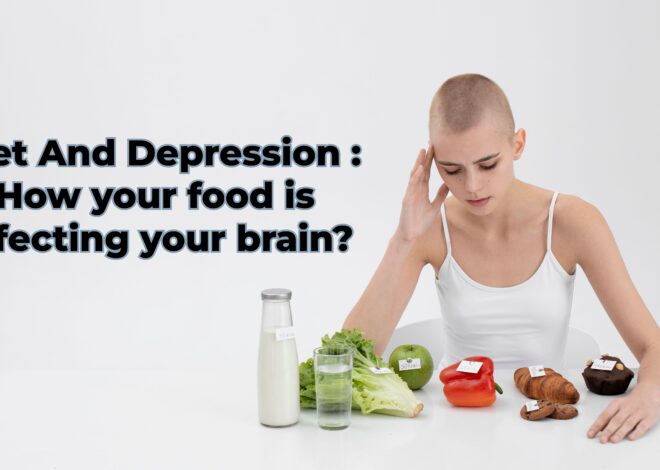
What is Mental Health?
Mental health affects people everywhere, from cities to rural areas. Despite its importance, it is often misunderstood or ignored. This website aims to raise awareness about mental health, highlight global challenges, and suggest practical support methods.
What is Mental Health?
Mental health affects our thoughts, feelings, and interactions. It includes emotional, psychological, and social well-being. It impacts every stage of life, from childhood to old age. Good mental health is essential for a fulfilling life.
Common Mental Health Issues
Many mental health disorders are common worldwide:
- Anxiety Disorders: Conditions like generalized anxiety disorder, panic disorder, and social anxiety disorder cause excessive worry and fear.
- Depressive Disorders: Major depressive disorder and dysthymia lead to persistent sadness and loss of interest in daily activities.
- Bipolar Disorder: This disorder involves extreme mood swings between emotional highs (mania) and lows (depression).
- Post-Traumatic Stress Disorder (PTSD): PTSD is triggered by trauma and causes severe symptoms like hypervigilance and flashbacks.
- Obsessive-Compulsive Disorder (OCD): People with OCD engage in repetitive behaviors to cope with intrusive thoughts.
The Global Impact of Mental Health Disorders
Mental health disorders affect societies worldwide. They increase economic costs, reduce quality of life, and cause disabilities. The World Health Organization (WHO) estimates that depression affects over 264 million people globally and is a leading cause of disability.
Obstacles in Mental Health Treatment
Several obstacles prevent people from accessing mental health care:
- Stigma: Many societies stigmatize mental health disorders, leading to prejudice. This stigma discourages people from seeking treatment.
- Accessibility: Mental health care is often limited, especially in low- and middle-income countries. Poverty, geographic remoteness, and cultural barriers worsen these disparities.
- Awareness and Education: Lack of understanding about mental health issues perpetuates stigma and hinders early intervention. Education and outreach are crucial.
Promoting Mental Wellness
Efforts to promote mental wellness must address diverse needs. Strategies include:
- Culturally Relevant Interventions: Develop interventions that respect diverse beliefs and practices. Collaborate with local communities to ensure services are accessible.
- Integration into Primary Care: Integrate mental health services into primary care systems. Train primary care providers to address mental health concerns.
- Community-Based Support Networks: Foster community support networks to promote social connections and reduce isolation.
- Telehealth and Digital Solutions: Use telehealth and digital technologies to deliver mental health services, especially in underserved areas.
- Advocacy and Policy Reform: Advocate for policies that prioritize mental health, allocate resources, and promote human rights.
Breaking the Stigma
Combating stigma requires efforts at all levels. Strategies include:
- Public Awareness Campaigns: Launch campaigns that challenge stereotypes and promote open dialogue.
- Education and Training: Provide mental health programs in schools, workplaces, and communities.
- Media Representation: Advocate for responsible media coverage that avoids sensationalism and highlights recovery.
- Legislative Reform: Push for laws that protect the rights of individuals with mental illness and promote access to care.
Conclusion
Mental health is a universal human right. It is essential for individual well-being and societal prosperity. By addressing stigma, improving accessibility, and increasing awareness, we can create a world where mental health is recognized and prioritized. Together, let’s build a global culture of compassion, understanding, and support, where everyone can thrive.


How Dermal Fillers Can Revitalize Your Skin: Before and After Results
wondertox https://fillers-biorevitalizants1.com/ .
Наркологический центр в Самаре: Официальный сайт и услуги
наркологическая клиника https://www.narcologicheskaya-clinika-samara.ru .
Срочный вывод из запоя в наркологической клинике: ваши вопросы и ответы
вывод из запоя недорого в самаре https://wyvod-iz-zapoya01.ru/ .